
Dr. William Mustain is an expert in electrochemical catalysis, energy conversion, and storage. His research includes developing advanced materials for fuel cells, electrolyzers, lithium-ion batteries, and CO2 capture and utilization.
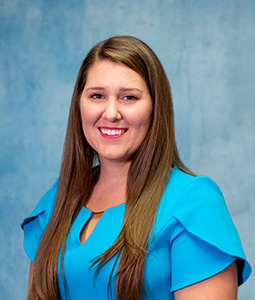 Assistant Professor - Electrical Engineering
Assistant Professor - Electrical EngineeringDr. Kristen Booth's research interests include resiliency and reliability of power electronics converters, AI-integrated power electronics, and digital twins for grid modernization and security.
 Research Associate Professor - Chemical Engineering
Research Associate Professor - Chemical EngineeringPaul Coman focuses on the development of mathematical models to enhance the performance and safety of lithium-ion batteries. His research aims to improve the understanding and management of thermal runaway and heat propagation in battery systems.
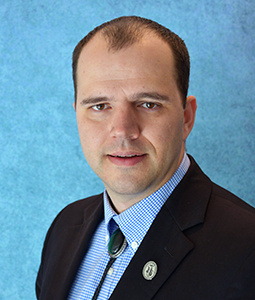 Associate Professor - Mechanical, Aerospace, & Civil Engineering
Associate Professor - Mechanical, Aerospace, & Civil EngineeringAustin Downey has expertise in low-latency machine learning, real-time model-updating, adaptive structures, and structural health monitoring. His research focuses on real-time decision-making and control for structures in extreme dynamic environments, such as hypersonic vehicles and civil infrastructure.
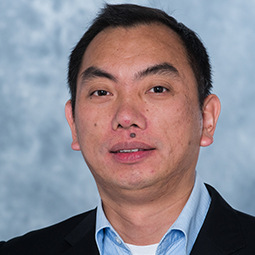 Professor - Mechanical Engineering
Professor - Mechanical EngineeringWe develop and deploy artificial intelligence (AI) and machine learning (ML) for novel functional materials discovery, ranging from fundamental understanding of carrier transport (phonon, electron, charge, mass, etc.) to application of battery technologies, aiming to manipulate and engineer quantum degrees of freedom at the bottom.
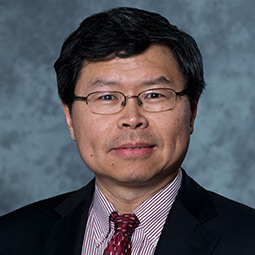 Professor - Mechanical Engineering
Professor - Mechanical EngineeringDr. Kevin Huang's research focuses on developing functional materials and understanding fundamental issues of electrochemical cells including fuel cells, batteries and gas separation membranes. He also teaches mechanical engineering related courses for undergraduate students and energy related courses for graduate students.
Xinyu Huang specializes in the mechanics and durability of functional and structural composite materials. His research focuses on polymer electrolyte membrane fuel cells, solid oxide fuel cells, structural composites, and coatings, aiming to enhance their performance and durability.
 Assistant Professor - Chemical Engineering
Assistant Professor - Chemical EngineeringDr. Jalilvand specializes in the hierarchical structures of materials for next-generation batteries, focusing on high-performance sulfur and transition metal oxide (TMO) cathodes, novel separator materials, and advanced anode systems beyond lithium. Her research also explores the physicochemical-mechanical evolution of flexible and wearable batteries.
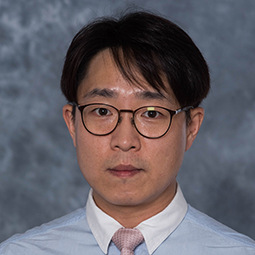 Associate Professor - Mechanical Engineering
Associate Professor - Mechanical EngineeringDr. Dongkyu Lee specializes in synthesizing oxide thin films and nanostructures for energy conversion and storage. He previously developed design strategies for oxygen electrocatalysis and ion transport at Oak Ridge National Laboratory, worked on semiconductor p-n junctions at Samsung Electronics, and focused on solid oxide fuel cells during his Ph.D. at MIT.
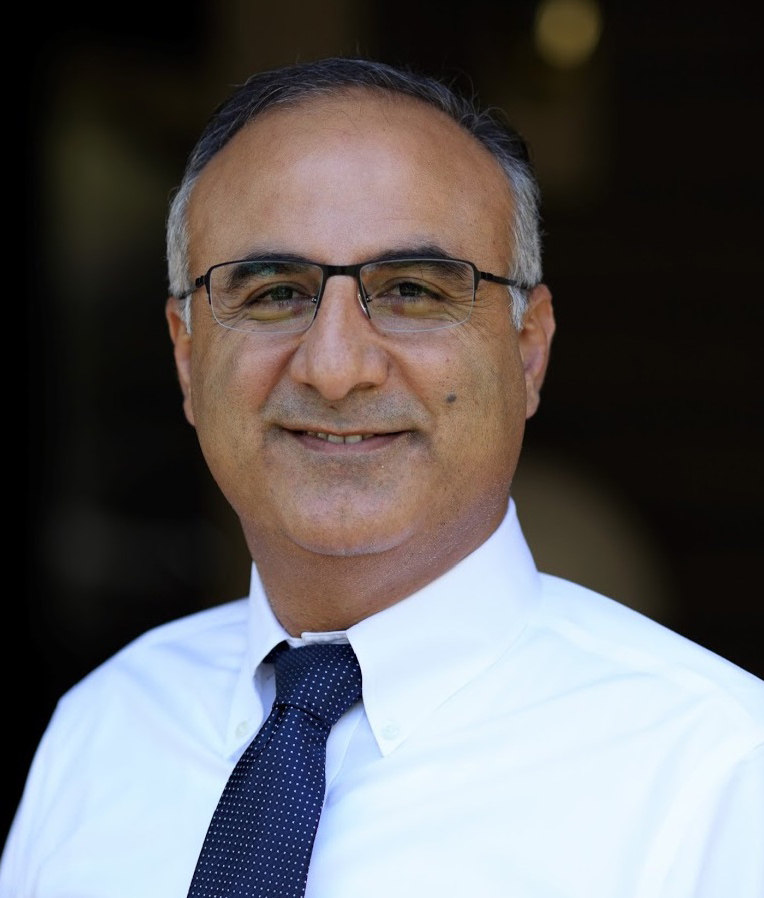 Distinguished Professor - Electrical Engineering
Distinguished Professor - Electrical EngineeringAdel Nasiri focuses on high power/voltage energy conversion, energy storage, and microgrids. His research includes developing advanced power electronic systems for renewable energy integration and enhancing the resilience of energy systems.
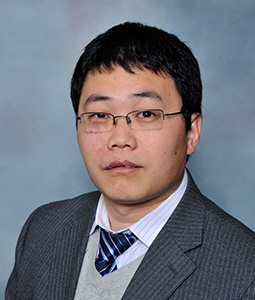 Professor - Chemical Engineering
Professor - Chemical EngineeringZhenmeng Peng focuses on heterogeneous catalysis, electrochemical hydrogen generation/storage/utilization, and electrochemical engineering for desalination and separation applications. His research aims to discover advanced catalyst materials and develop new strategies for energy storage and conversion.
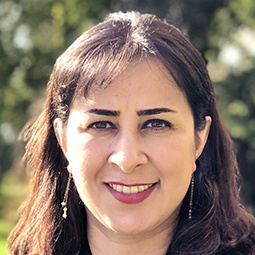 Assistant Professor - Chemical Engineering
Assistant Professor - Chemical EngineeringSanaz Sadati focuses on the structure, dynamics, and self-assembly of soft materials. Her research explores active matter in complex environments and additive manufacturing of soft materials, aiming to develop responsive materials for applications like tissue engineering and drug delivery.
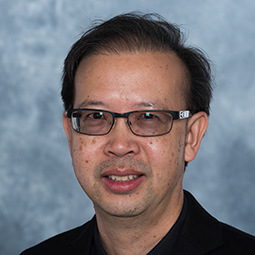 Research Professor - Chemical Engineering
Research Professor - Chemical EngineeringDr. Shimpalee's current research is in the area of renewable energy including fuel cells, energy storage, high-temperature thermal systems, and bioenergy. His expertise is in using multi-scale and multi-dimensional modeling combined with electrochemistry to understand the physics inside their complex systems, particularly in the transport phenomena.
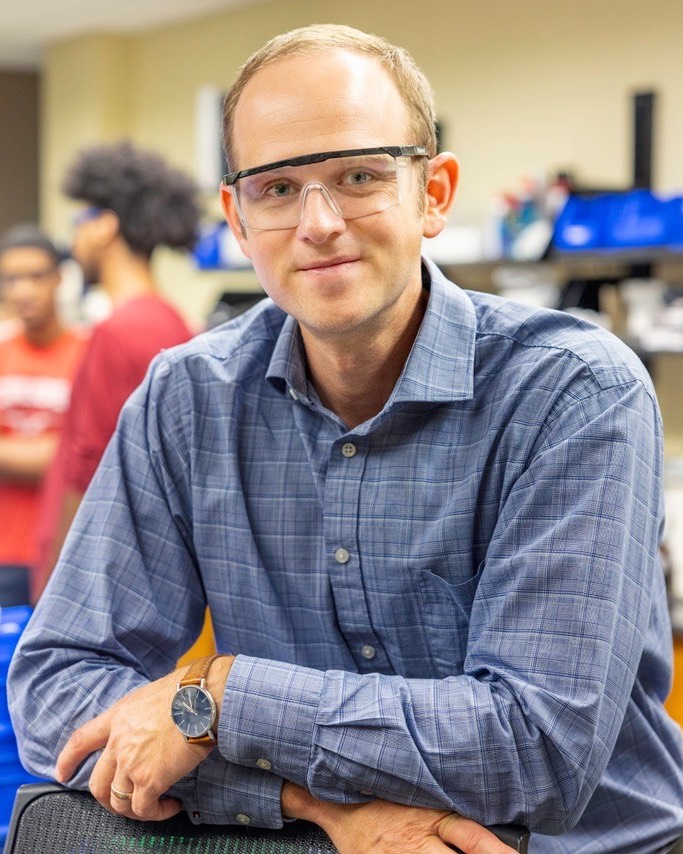 Professor - Chemistry & Biochemistry
Professor - Chemistry & BiochemistryMorgan Stefik specializes in polymer materials, nanostructures, crystallography, organic and inorganic catalysis, and solid-state chemistry. He is also the Founding Director of the South Carolina Small-Angle X-ray Scattering Collaborative (SCSC), focusing on developing new polymer-derived nanomaterials for energy devices.
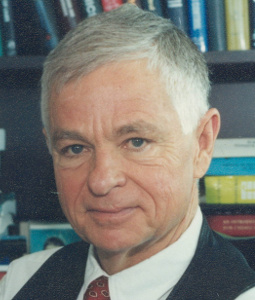 Professor - Chemical Engineering
Professor - Chemical EngineeringDr. Ralph White and members of his research group are working on projects in the areas of fuel cells, batteries, electro-deposition, corrosion, and numerical methods. Their work on numerical methods consists of developing efficient algorithms to solve the equations that represent the phenomena that occur in electrochemical and chemical systems.
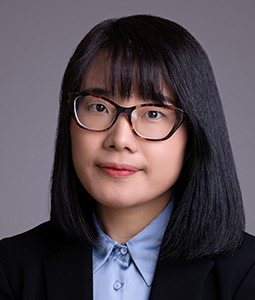 Assistant Professor - Chemical Engineering
Assistant Professor - Chemical Engineering
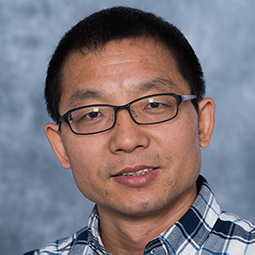 Associate Professor - Electrical Engineering
Associate Professor - Electrical EngineeringProfessor Bin Zhang focuses on prognostics and health management, intelligent systems and control, robotics, and machine learning. His research includes developing techniques for monitoring, control, and intelligence applications in power grids, lithium-ion batteries, and manned and unmanned vehicles.
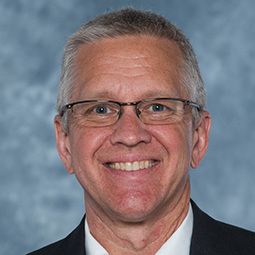 Associate Dean for Research - Civil & Environmental Engineering
Associate Dean for Research - Civil & Environmental EngineeringPaul Ziehl aligns faculty capabilities with the college's research enterprise. His research focuses on structural health monitoring, data science, and predictive analytics applied to complex structural systems, including bridges, buildings, and aircraft.